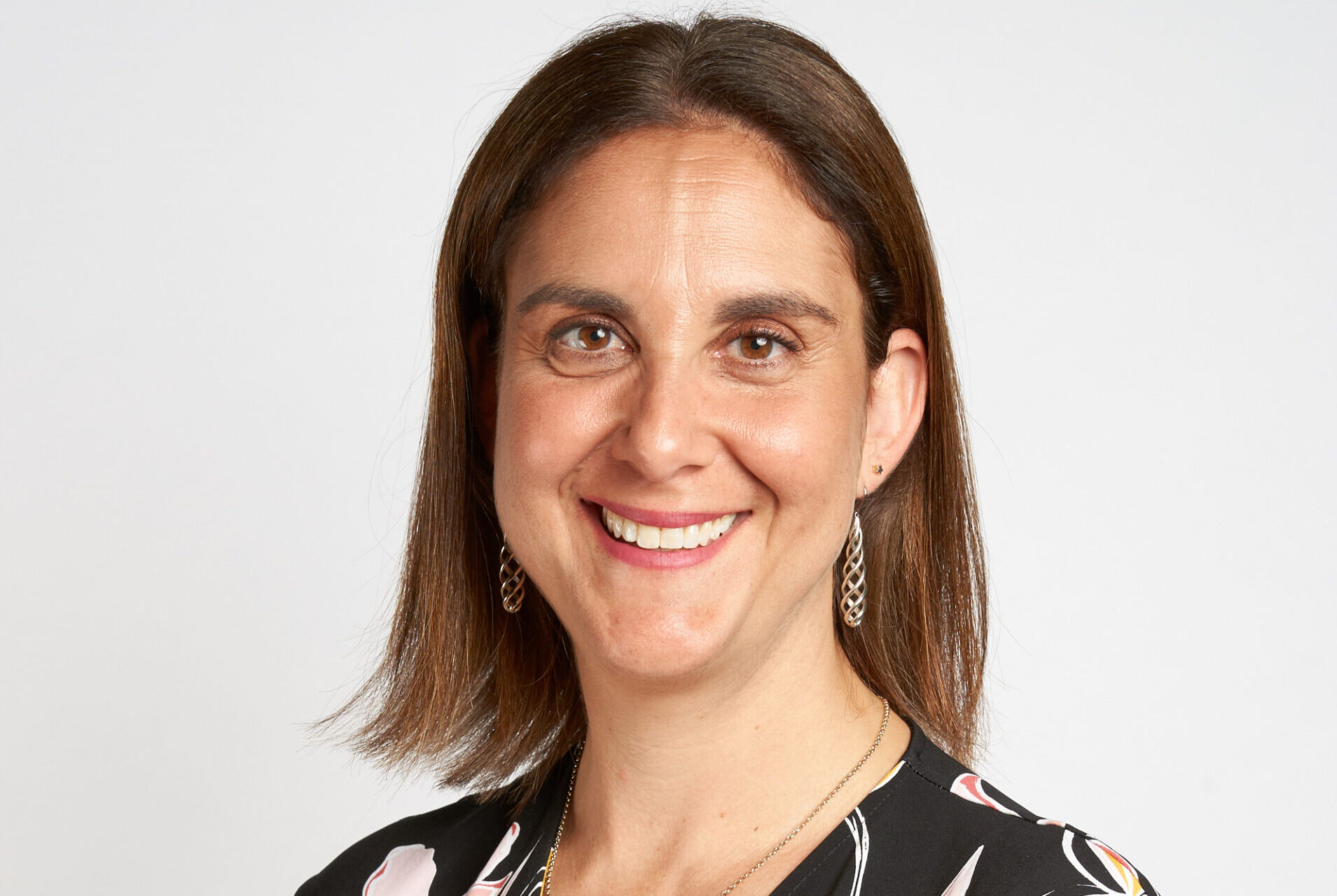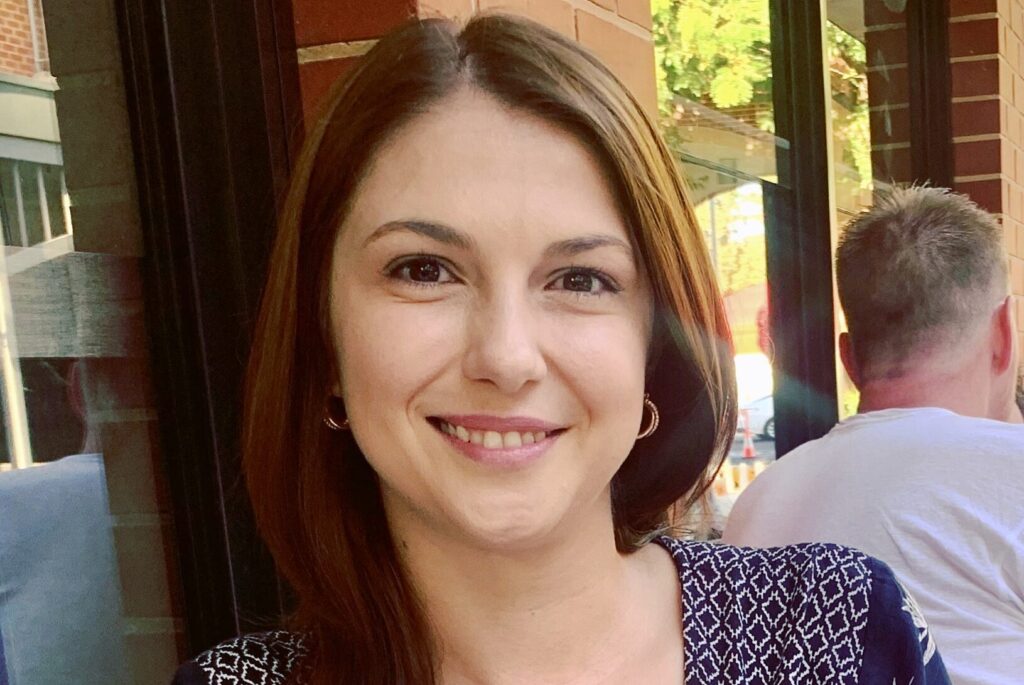Spotlight Series – Associate Professor Maria McCarthy
Associate Professor Maria McCarthy
Psycho-oncology clinician & researcher,
Children’s Cancer Centre, Royal Children’s Hospital & Murdoch Children’s Research Institute (MCRI).
Maria McCarthy is a clinician and a researcher, managing her time between two very demanding roles. In her clinical role Maria manages a team of 13 psycho-social staff. This includes psychologists, neuropsychologists, child life therapists and art therapists. Her team provides a psycho-oncology service to children and adolescents diagnosed with cancer at the Royal Children’s Hospital (RCH) in Melbourne. As manager of that team, she has administrative and management roles but also finds time to see patients. A family therapist by training, her interests are around the impact of childhood cancer on families.
Maria also has a lot of commitments outside her clinical role with RCH. She collaborates extensively with the Paediatric Integrated Cancer Service (PICS), sitting on several their committees. She also works with ANZCHOG as Chair of the Psycho-Oncology Group and recently was co-convenor of the ANZCHOG ASM. Internationally she is a member of the International Society of Paediatric Oncology (SIOP) Psych-oncology committee.
Maria’s research role is with the Murdoch Children’s Research Institute (MCRI) where she is a senior Research Fellow and a Team Leader in the Brain and Mind Group. She manages a small team that are involved in a range of clinical trials, in particular quality of life and neurocognitive outcomes, and currently leads a number of trials including MET-MED, an ANZCHOG international trial. Her team is also part of a large National Institutes of Health (NIH) trial looking at impact of proton versus photon therapy for children.
‘I’m really interested in how our research has impact and can translate back into clinical care. A lot of the research that we do really informs evidence-based care that my clinical team deliver. We are quite unique in the sense that we have our Research Institute co-located within the hospital campus. This gives us an enormous advantage.’
Maria has always been very interested in mental health in the context of serious childhood illness. She also has a strong interest in bioethics, particularly around personalised medicine and projects around truth telling to young children with serious illness. Maria believes it is so important to support families when there is a serious or chronic childhood illness. Her clinical program really thinks about the family as a unit.
‘It is a privilege to be able to work with families through what, for many families, may be the biggest crisis of their life and the hardest part of their life. There is a real intimacy to working with families around their psychological wellbeing when they’re so challenged. Families, and children in particular, are incredibly resilient so I get to see how children and how families can not just survive a serious illness diagnosis, but ultimately thrive. I never stop feeling passionate about that work and that’s something that really drives me.’
COVID-19 has been a difficult time at the hospital, seeing some of the psychosocial resources and, in particular, most charitable / volunteer supports stripped away from families. Obviously only having one parent allowed in the hospital is particularly challenging. The reduced psychosocial supports available to families has really emphasised the importance of psychosocial care and how much it is valued both by staff and families.
‘It’s the piece that gives the hospital environment a sense of humanity. That real sense that when a child comes into hospital with a cancer diagnosis, we will everything we can to make that child feel as safe and secure as possible. It’s what we do to help a family who are completely devasted and disrupted, to make them feel safe and cared for. That’s what psychosocial care does. It provides a critical aspect of care.‘
When asked what the most challenging part of her role is, Maria says resources are always an issue. A lot of her work relies on good will and philanthropy so it can be difficult and challenging trying to get grants and sustainable funding. People often ask her how she can do the work she does, and she recognises that it can often be very sad and moving but she finds the clinical work is incredibly rewarding.
Maria has been in the field for over 20 years and has seen many changes in that time. There is much more focus on the mental health of the children undergoing treatment, and many more activities and programs. It is also generally more acceptable to talk about mental health. There is still some stigma but it has changed significantly from when she first started.
Cancer therapies have become more and more complex over the time Maria has worked in the field, including the application of multiple bone marrow transplants, CAR T cell therapies and immunotherapies into patient care. The complexity is really high for these patients with a lot of hospitalisation and years of medical care.
‘It is wonderful that more children survive but the complexity of care is enormous and, of course that has psychosocial ramifications for children and families. The need for psychosocial support and mental health care is there more than ever. Many children will have long lives but may have long term effects from their treatment. The work we need to do around survivorship is still a huge area.’
Maria sees future research progressing in the areas of supportive care and survivorship interventions. Clinical trials relating to neurocognitive functioning, psychological distress, fatigue, and sleep disturbance, to maximise quality of life are so important. She sees an extraordinary gap at the end of treatment between what is delivered in acute multi-disciplinary care and then survivorship programs 2 to 5 years after treatment. Families at the end of treatment speak of “falling off a cliff” since there is very little guidance for them during that period.
Maria’s team is currently looking at implementing an end of treatment model of care led by nurse practitioners and psychosocial clinicians. This has come about following results of the “ALLaboard Study” which enabled mapping of children with leukaemia in the 2 years following their treatment and now that research is being translated into a new treatment program.
‘All of our research is driven by consumer input. Families tell us what they need and we have consumers co-designing our research. That has the capacity to change our model of care.‘
Maria’s team have also just finished a virtual reality research program in collaboration with Peter MacCallum Cancer Institute. Children have the opportunity to go into the virtual world and experience what will happen to them when they undergo radiation treatments. This has reduced parent and child anxiety significantly. Interventions like this may lead to decreasing the need for children to be given general anaesthetics.. They are now working on translating that research into clinical practice.
‘What’s most rewarding about my job is when I think that the work that we’re doing makes a difference for children and families. If we can make their road ahead any easier, and increase awareness how important mental health and quality of life is then we are doing a good job . If my team’s work makes peoples think about how can we make this a better experience for children and families, that is the most rewarding thing for me.’
Below are the different health professionals and researchers we have shone a light on during September
- ANZCHOG Chair (Professor Nick Gottardo)
- Principal Research Fellow (Natalie Bradford)
- Paediatric Oncologist (Dr Tristan Pettit)
- Clinical Research Nurse (Reg Gayaman)
- Clinical Nurse Consultant (Helen Starosta)
- Consumer (Anne Kay)
- Pharmacist (Hayley Vasileff)
- Research Scientist (Dr Raelene Endersby)
- Senior Research Fellow (Dr Jennifer Cohen)
- Social Worker (Tanya Alestalo)
- ANZCHOG Chief Executive Officer (Robyn Strong)
ANZCHOG news:




